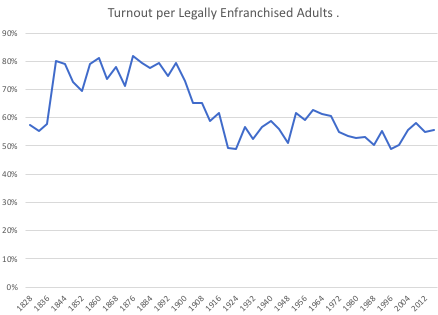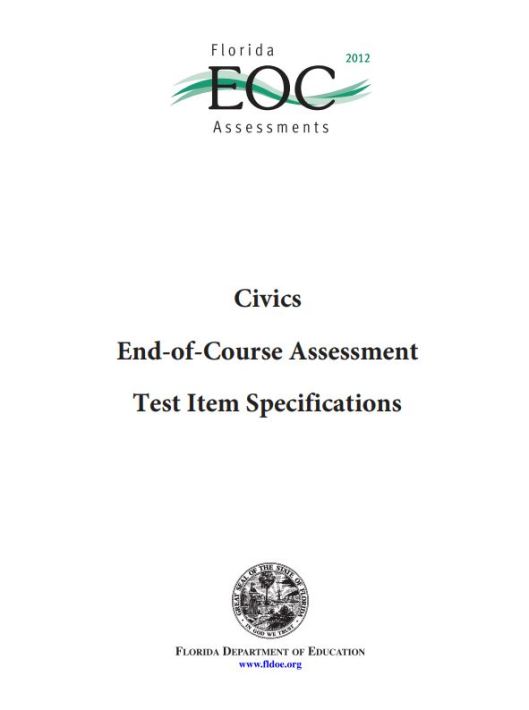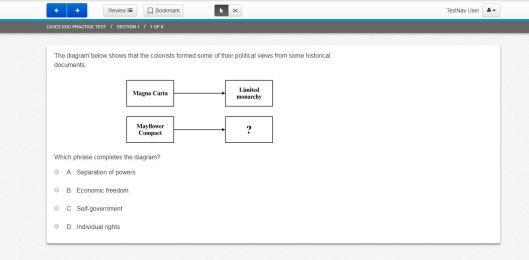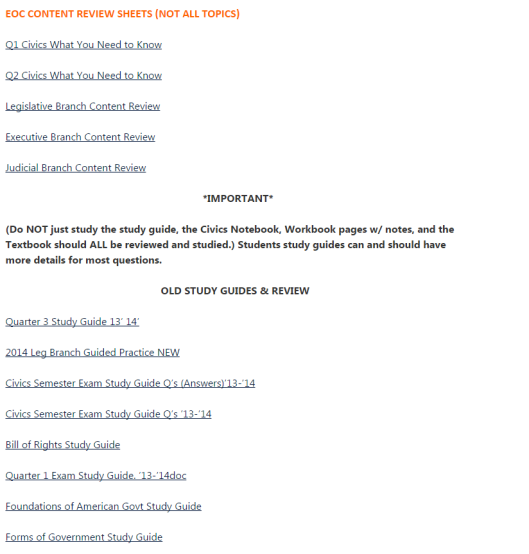While this piece on the growing movement of engaged journalism was written last fall, we find its lesson to still be of great importance. NCDD sponsoring org, the Jefferson Center wrote on the increasing emergence of engaged journalism, a facet of journalism that seeks to elevate the needs of the community, not just push out click-bait style media. Something that has become quite apparent lately, is the seeming disconnect between the work of the D&D field and the public’s awareness this work is going on – a phenomenon that can significantly be decreased with stronger relationships with community-centered journalism and better exposure of the many efforts going on in the field.
Public News Service gave excellent coverage of last week’s National Week of Conversation that we encourage you to check out:
There is a lot of still-untapped potential between the D&D community and our media makers. The NCDD network has been deepening our relationship with journalists over the last several years, exploring how the D&D community can create stronger partnerships with journalists; and it is our hope to continue to nurture this bond. For additional exploration on how to improve this opportunity, check out our Journalism-D&D Confab call, our podcast with Journalism That Matters, and the recorded media panel from the last NCDD conference in 2016 (click here for the recording). Below is the article from the Jefferson Center and you can also find the original here.
Exploring Engagement & Participation in Journalism
 Journalism has had a rough couple of months (or years, if you’re watching closely). News agencies are discredited, criticized, and attacked daily. Partisan news outlets seem to spring up every week, making it difficult to find neutral information.These trends compound another major problem in the journalism world: with the growth of social media, ad-blockers, and the domination of Facebook and Google (and soon, Amazon) in the digital advertising market, traditional models of ad-supported journalism are collapsing. Many citizens also don’t see the news, on a local or national scale, as representing their needs and interests. This is not just a crisis for journalism, it’s a crisis for our democracy.
Journalism has had a rough couple of months (or years, if you’re watching closely). News agencies are discredited, criticized, and attacked daily. Partisan news outlets seem to spring up every week, making it difficult to find neutral information.These trends compound another major problem in the journalism world: with the growth of social media, ad-blockers, and the domination of Facebook and Google (and soon, Amazon) in the digital advertising market, traditional models of ad-supported journalism are collapsing. Many citizens also don’t see the news, on a local or national scale, as representing their needs and interests. This is not just a crisis for journalism, it’s a crisis for our democracy.
Like us, many organizations are rolling up their sleeves to embrace the challenge, supporting engaged journalism approaches. Engaged journalism seeks to inform and empower communities, with news organizations prioritizing community needs above those of advertisers. Engaged journalists use the knowledge and talents of their community to cover critical stories and challenges. Instead of driving profit through clickbait news, engaged and participatory journalism focuses on (re)building relationships between journalists and the communities they serve.
What are others doing?
Around the globe, a few large newsrooms, startups, and nonprofits are experimenting with new business models, leading community engagement efforts, working to restore local trust in news, and building a sustainable subscriber base of community members.
To target media “deserts” in rural and urban regions of Ohio, where traditional media outlets don’t exist, Journalism That Matters is exploring deliberative ways to design local news media and information communication systems. Similarly, the News Voices initiative from Free Press uses community organizing and public engagement events as a way for journalists to carve out a new niche in their communities by supporting citizens. Hearken offers newsrooms a model called “public-powered journalism” to meaningfully engage the public throughout the development of stories.
If you’re interested in diving into engaged journalism yourself, visit Gather, a platform to support community-minded journalists and other engagement professionals. The site officially launches October 2nd, 2017, but for now you can explore their mission, request to join, and follow the latest engagement strategy stories on their Medium page. Gather is a product of the Elevate Engagement workshop, which explored how engaged journalism can help communities thrive. After the workshop, our director Kyle Bozentko worked with engagement strategist Joy Mayer and journalist and author March Twisdale to draft the Elevate Engagement Manifesto,which establishes guidelines and goals for this emerging community of journalists, media researchers and educators, and engagement practitioners.
Research, support, and will to try audience-driven and collaborative journalism is just starting to take off, but there are a few barriers in the way. Many small and medium-sized news outlets might hesitate to embrace engaged journalism because of a lack of organizational capacity, uncertainty about the impact of new techniques, or a fear of losing their long-held identity. However, the growth and determination of the programs and organizations above (and these are just a few examples) could help provide the capacity and resources to make long-lasting changes in local journalism.
The Role of the Jefferson Center
We’re excited to announce the launch of Your Voice Ohio and Media Seeds, two collaborative programs that will test, evaluate, and refine sustainable methods for engaging and serving communities through better, more participatory journalism. We’ll explore the complementary roles of public deliberation and discussion, community organizing, digital engagement, media collaboration, and other journalistic approaches in helping communities, and journalism, thrive. Dozens of print, radio, and television newsrooms have already signed onto Your Voice Ohio to create a statewide news collaborative. The collaborative will share experiences and align reporting resources to better serve more Ohio communities.
Media Seeds, through a partnership with Journalism That Matters, will support media innovations in communities lacking daily local news. The project will support community residents and stakeholders using JTM’s “Create or Die” model, which includes community dialogue, innovation gatherings, and community communication pilot projects.
These projects are funded by a $250,000 grant from the Democracy Fund and a $75,000 grant from the John S. and James L. Knight Foundation, with additional support from individual donors. These projects build on the work of Your Vote Ohio during the 2016 election, focused on supporting journalists to produce political coverage tailored to the diverse needs of communities across Ohio. Your Voice Ohio and Media Seeds are also a way to move forward the principles, goals, and values our organization committed to in the Elevate Engagement Manifesto. Joy Mayer was also a recipient of a Knight Foundation Grant under the “Trust, Media and Democracy” initiative.
Our main goals:
- Through experimentation and shared learning, increase the capacity of newsrooms around Ohio to practice engaged journalism.
- Partners will create new examples and local case studies of engaged journalism, with more detailed information about implementing engaged journalism practices.
- Provide better comparative data about the value of engaged journalism approaches, as multiple communities systematically experiment with similar efforts.
You can download our official press release, visit the official Your Voice Ohio website, and follow the program on Facebook and Twitter for updates.
You can find the original version of this article on the Jefferson Center’s site at www.jefferson-center.org/exploring-engagement-participation-in-journalism/.
**The Jefferson Center recently did a follow up piece on this effort which you can find at www.jefferson-center.org/conversation-to-build-collaboration/.



 If you’re still looking for collaborators on your sessions, you can review the calls for session partners that some of our members have put out on the discussion listserv – check out the session inquires from the last few weeks in our
If you’re still looking for collaborators on your sessions, you can review the calls for session partners that some of our members have put out on the discussion listserv – check out the session inquires from the last few weeks in our 









